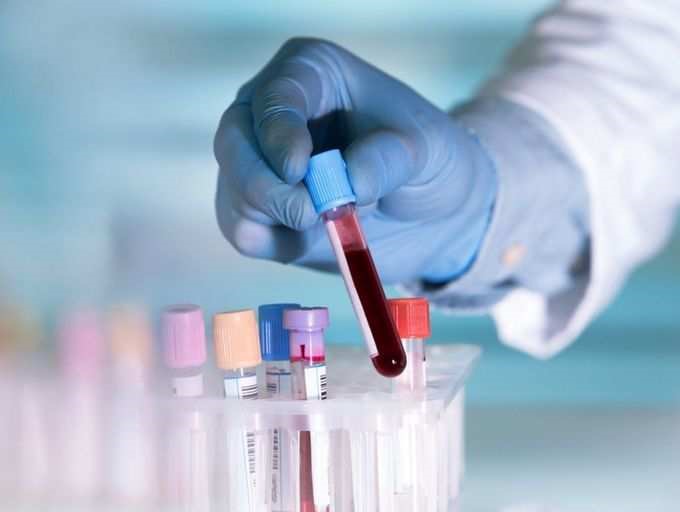POSTVenTT
POST operative Variations in anaemia treatmenT and TransfusionsA prospective audit of anaemia after major surgery
Anaemia affects nearly a quarter of the world and is common in surgical patients with a third of patients presenting with preoperative anaemia and three quarters of patients discharged from hospital with anaemia. The World Health Organisation defines anaemia as an insufficient circulating red cell mass, with a haemoglobin (Hb) concentration of < 130 g.l−1 for men and < 120 g.l−1 for women.
Perioperative anaemia is associated with increased postoperative complications and delayed patient recovery leading to increased post-operative morbidity and mortality. Anaemia also leads to an increased use of allogeneic blood transfusions7-10, which is an independent risk for poorer patient outcomes.
Postoperative anaemia can be due to blood loss at operation or secondary to the inflammatory process associated with surgery, which causes an increase in hepcidin production resulting in functional iron deficiency and reduced red cell production.
In recent years, there has been a significant increase in the use of intravenous iron therapy for preoperative anaemia in line with major international guidelines. This is common practice in Australia and New Zealand.
The POSTVenTT (POST operative Variability in anaemia Treatment and Transfusion) audit aims to increase our understanding of variability in adherence to anaemia management guidelines and to assess the impact of anaemia management in clinical care following major surgery.

Contact
Study Aims
Primary Aim:
- To audit compliance with pre-, intra-, and postoperative guidelines for management of anaemia in patients undergoing major abdominal surgery.
Secondary Aims:
- To characterise incidence of anaemia following major abdominal surgery.
- To identify risk factors associated with postoperative anaemia.
- To explore associations between postoperative anaemia and rate of postoperative complications.
- To explore association of postoperative anaemia with short-term outcomes (length of stay, readmission to Hospital).
- To audit the use or iron therapy or blood transfusion.
The suggested overall data collection period will be two months. Each mini-team will collect data over a 2-week, consecutive period with subsequent 30-day follow-up.
Period 1: July 1 – July 14 2021 (+30 Day Follow-up)
Period 2: July 15- July 28 2021 (+30 Day Follow-up)
Patients should be included if they were operated on during the data collection periods as specified above.
- The 30-day follow-up is defined as 30 days from the day of discharge from hospital for the patient’s index operation.
Inclusion criteria:
- Age: Adult, 18 years or above.
- Procedure: A major abdominal surgery is defined as an operation with an incision into the abdominal cavity and anticipated duration more than one hour.
- Urgency: Patients undergoing planned (elective or expedited) or unplanned (emergency) surgery.
Exclusion criteria:
- Indication: Palliative procedures as determined pre-operatively and explicitly stated in the medical record or consent form.
- Extent of surgery: Operations that are either
- staged with a planned return for reoperation (such as but not exclusively, damage control laparotomy or burns surgery).
- Change in operative plan such that during the first procedure it is determined that a re-operation is necessary, even if the patient was enrolled pre-operatively
- Return to theatre: Each patient should only be included in the study once. Patients returning to theatre due to complications following earlier surgery can be included, as long as their index procedure has not already been included in the POSTVenTT study.
To ensure data is collected on all consecutive eligible patients these teams will review elective theatre lists, handover sheets/emergency admission and ward lists, and theatre logbooks (both elective and emergency) on a daily basis. Mini-teams should be supervised by up to two consultants (one surgeon, one anaesthetist) at each site.
Information will be collected through patient information systems, including accessing:patient charts (written and electronic)
- Medication charts
- Discharge summaries
- Relevant letters from outpatient clinics and surgeons’ rooms
Last update: 30/6/2021. Please email postventt@uwa.edu.au if any changes required.
ACT
- Canberra Hospital – Carissa Shang (Upasana.Pathak@anu.edu.au), Upasana Pathal (Mengge.Shang@anu.edu.au)
- Calvary Hospital – Carissa Shang (Upasana.Pathak@anu.edu.au), Upasana Pathal (Mengge.Shang@anu.edu.au)
New South Wales
- State lead: Elizabeth Lun (weng.lun7@gmail.com)
- Bankstown – Sarit Badiani (sarit@badiani.net)
- Westmead, Canterbury Hospital (pending)
- Gosford Hospital – Elizabeth Lun (weng.lun7@gmail.com)
- Concord Hospital – Henry Cheung (Henry.Cheung@health.nsw.gov.au)
- John Hunter – Isabella Ludbrook (hnespartans@gmail.com)
- Calvary Mater Newcastle – Isabella Ludbrook (hnespartans@gmail.com)
- Maitland Hospital – Isabella Ludbrook (hnespartans@gmail.com)
Queensland
- State lead: Muhammad Ibrahim (muhammad.ibrahim@my.jcu.edu.au)
- Princess Alexandra Hospital – Adam Frankel (a.frankel@uq.edu.au)
- Logan Hospital – Justin Gundara (justin.gundara@health.qld.gov.au)
- QE2 Jubilee – Sarah Bowman (Sarah.Bowman@health.qld.gov.au)
- Cairns – Muhammad Ibrahim (muhammad.ibrahim@my.jcu.edu.au)
South Australia
- State Lead: Siang Wei Gan (SiangWei.Gan@sa.gov.au)
- Royal Adelaide Hospital – Siang Wei Gan (siangWei.Gan@sa.gov.au)
- Flinders Health – Melissa Wee (Melissa.Wee@sa.gov.au)
- The Queen Elizabeth Hospital – Gayatri Asokan (Gayatri.Asokan@sa.gov.au)
- Lyell McEwin Hospital – Timothy Ganguly (Timothy.Ganguly@sa.gov.au)
- Mount Gambier and Districts Health Service – Paul Heitmann (Paul.Heitmann@sa.gov.au)
- Port Lincoln Health and Hospital Service – Matthew Watson (Matthew.Watson@sa.gov.au)
- Whyalla Hospital & Health Services – Alicia Lim (Alicia.Lim@sa.gov.au)
- Port Augusta Hospital and Regional Health Services – Teng-Wei Khoo (Teng-Wei.Khoo@sa.gov.au)
Tasmania
- State lead: Jurstine Daruwalla (jurstinedaruwalla@gmail.com)
- Launceston Hospital – Jurstine Daruwalla (jurstinedaruwalla@gmail.com)
- NWRH (Burnie) Hospital – Tiffany Cherry (tiffanyjcherry@gmail.com)
- Hobart Hospital – Matt Marino (mattmarino51@gmail.com)
Victoria
- State leads: Su Kah Goh & David Liu (su.goh@unimelb.edu.au, liu.davidsh@gmail.com)
- Austin Health – Daniel Cox (daniel.cox@doctors.org.uk)
- Northern Health – Sharon Lee (Sharon.Lee@nh.org.au) and Krinal Mori (krinalkumar@gmail.com)
- Eastern Health (Box Hill) – Enoch Wong (enochwong07@yahoo.com.au)
- Southern (Monash) – Geraldine Ooi (geraldineooi@gmail.com)
- Western Health (Footscray) – Brianna Lauritz (Brianne.Lauritz@gmail.com), Eunice Tse (Eunice.Tse@wh.org.au)
- Bendigo – Amy Crowe (acrowe1991@gmail.com), Chon Hann Liew (chonhann.liew@gmail.com)
- Barwon (Geelong) – Sara Jinnah sara_jinnah@hotmail.com
- St Vincent – Tom Tiang (thomas.tiang@gmail.com)
- Melbourne Health – Patwinder Gill (patwinder.gill@gmail.com)
- Wangaratta Hospital – Emma Downie (emldownie@gmail.com)
- Albury-Wodonga Health – Jed Hughes (jedhugh@gmail.com)
- The Alfred -Sandeep Rakhra (S.Rakhra@alfred.org.au>S.Rakhra@alfred.org.au)
- Bairnsdale Hospital – pending
Western Australia
- Armadale Hospital – Melanie Cusso (notredame@strive-wa.org)
- Fiona Stanley Hospital – Jess Vo (vo.uyengiao@gmail.com)
- Sir Charles Gardner Hospital – Amelia Davis (amelia.davis@health.wa.gov.au)
- Royal Perth Hospital -Joseph Hanna (Joseph.Hanna@health.wa.gov.au), Sarah Woon (Xiao-ming.Woon-shoo-tong@health.wa.gov.au)
- Saint John of God Midland – Shearn Poh (poh_wei_shearn@hotmail.com)
- Bunbury Regional Hospital – Lucy Suvillan (21966368@student.uwa.edu.au)
New Zealand
- State lead: Liam Ferguson (liamfergo@gmail.com)
- Northland – Matthew McGuiness ( Matthew.McGuinness@northlanddhb.org.nz)
- Waitemata – William Xu (wxu958@aucklanduni.ac.nz)
- Auckland – Jelle Van Der Have (jellevanderhave@me.com)
- Counties Manukau – Carys Finlayson (finlaysoncarys@gmail.com )
- Waikato – Xavier Field (xavier.field@waikatodhb.health.nz)
- Bay of Plenty – Imogen Watt (iada491@aucklanduni.ac.nz)
- Hawkes Bay – Matthew Morreau (Mathew.Morreau@hbdhb.govt.nz)
- Capital and Coast – Chelsea Allenbrough (c.allenbrough@gmail.com)
- Whanganui – Antoine Bonnet (antoinebonnet1195@gmail.com )
- Canterbury – Brodie Elliott (brodie.elliott@gmail.com)
- Southern DHB – James Wilkins (james.wilkins@southerndhb.govt.nz)
- Wairarapa – Dhenisha Dahya (Dhenisha.Dahya@ccdhb.org.nz)
- South Canterbury – Jethro Palmer (jhpalmer@scdhb.health.nz)
- Tairawhiti – Olga Korduke (olgakorduke@gmail.com)
- Southern Cross Hospital – David Kieser (kieserdavid@gmail.com)
- Hutt Valley – George Weeratunga (George.Weeratunga@ccdhb.org.nz)
Ethics and Governance
- Jess Vo (postventt@uwa.edu.au)
- Giuliana D’Aulerio (postventt@uwa.edu.au)
